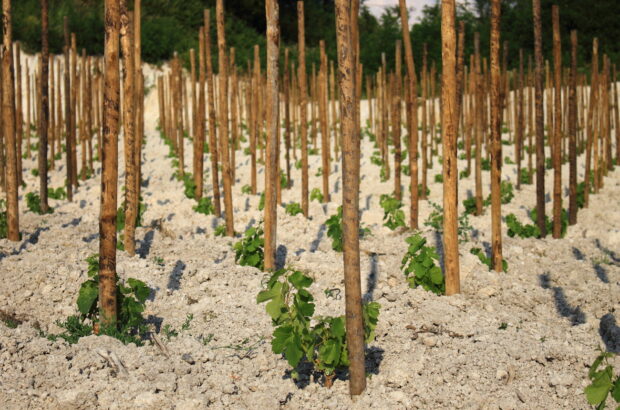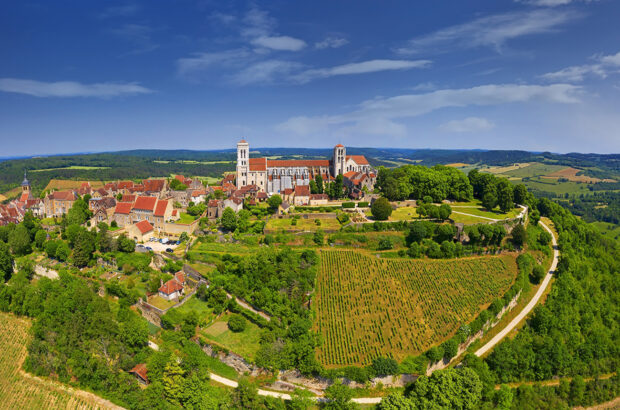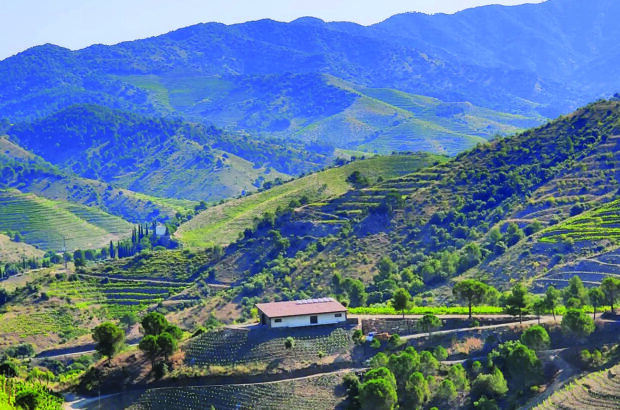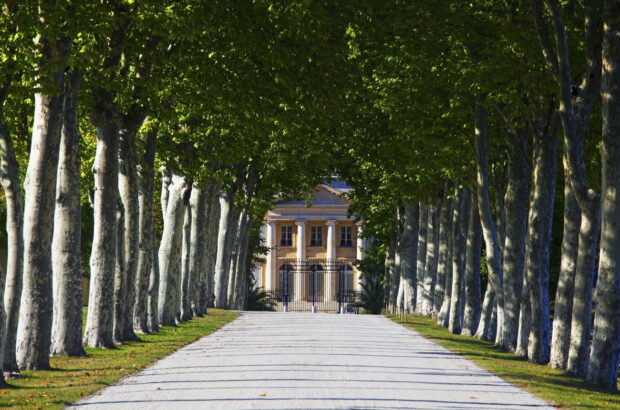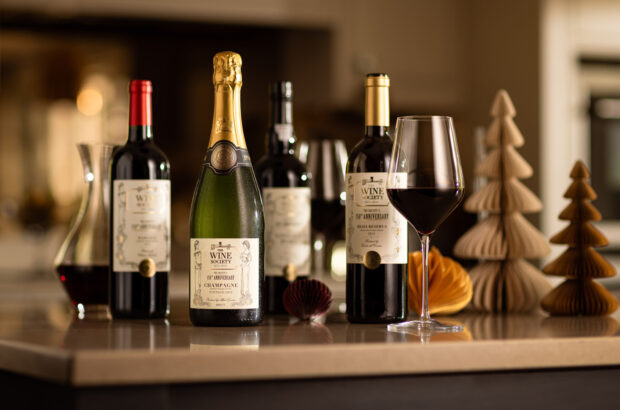We set off into the subject, agreeing that part of the pleasure of wine was mood-enhancement: relaxation, changed perspectives, lubricated conversation, emotional engagement, a wider view on life.
Moderation is essential, but there’s no denying that in drinking wine we’re looking for mild inebriation and the fun it brings. ‘I’m not advocating getting drunk,’ said Laura, ‘but we have to accept that wine has alcohol in it, and that it’s ok to allow yourself the beauty of inebriation. Otherwise it’s like dating without allowing that you might fall in love. That’s the point, isn’t it? As my father once said to me, “If you want to drink wine and stay sober, drink water instead”.’
Her suggestion, though, was that different wines leave you in different sorts of altered states. She was a Champagne enthusiast, and maintained that it makes everyone love life and smile, whereas Burgundy (and Pinot Noir more generally) ‘makes you question the meaning of life and doesn’t let go until you confess’.
Hmmm: Champagne – bright and spirited; Burgundy – deep thoughts, reflection, self-examination. Maybe… I remembered the Champagne-loving Voltaire, laughing as he watched the cork of a bottle of Aÿ hit the ceiling. De ce vin frais l’écume pétillante/De nos français est l’image brillante (‘the prickling foam of this cool wine/is the brilliant image of our French people’) he observed in the 1736 poem Le Mondain.
I also remembered Hugh Johnson’s allusion to a ‘plump prelate who seems to symbolise Burgundy’ in comparison with Bordeaux’s ‘distinguished figure in a frock coat’ entering ‘his moderate enthusiasms in a leather pocketbook, observing the progress of beauty across his palate like moves in a game of chess’ (from early editions of The World Atlas of Wine – beautiful sentences sadly deleted in the sixth edition).
Yes, maybe different wines do possess different emotional watermarks; maybe each has a psychological as well as a sensual architecture. The altered states they offer are variously lit; the wines take you on different journeys.
We developed the idea. Beaujolais surely brings jubilation and laughter, a throwing of care to the winds. ‘It’s here to remind us of joy,’ suggested Laura. Can’t argue with that. Bordeaux offers the most sober sort of intoxication, as Johnson suggested: calm omniscience, grounded scrutiny.
‘But Bordeaux whites are more playful,’ added Laura. ‘Like having fun and keeping it secret.’ OK, but surely we need to distinguish dry from sweet here? Dry Bordeaux whites take you somewhere refined – a place of gourmet delectation, with the scent of the linen tablecloth and laundered napkins as well as the food; Sauternes, by contrast, is indeed voluptuous, gratifying, sensual, naughty. Such a contrast to German wines, we agreed. Even when sweet, they always evoke the perfection of tiny things, of the natural world, seen through the polished optics of lens and microscope; as much magnification of sensibility as altered state.
The idea took hold. ‘I think Loire Sauvignon Blanc is served at corporate events for a reason,’ Laura argued. ‘You can’t lose your head with Sancerre.’ Prosecco, she said, was almost the opposite: ‘It gives you a fast-food emotion. You’re so happy, but then comes regret.’
That got us onto Italian reds. Northern Italian reds, suggested Laura, ‘are very honest: you get what you asked for’. Indeed – though Piedmont can be almost stern: the honesty cuts both ways. Whereas Tuscan wines have always transported me to a place of light and shadow, of forest sunbeams, of good and evil. Their complex flavours might be composed of fruit you like and a bitterness or sourness you don’t – and seem all the greater for it. You end in a state of acceptance, let’s say.
All nonsense, or might this bring a new layer of emotional refinement to our drinking? You can decide.
In my glass this month
What sort of journey do Alsace wines take you on? It’s nuanced by variety, of course, but drinking the fine and subtle Gustave Lorentz, Altenberg de Bergheim Riesling 2018 (sold in Europe at about €40) reminded me of how much more impressionistic and Monet-like Alsace Riesling is by comparison with Germany’s crystal realism. This delicious grand cru wine is sappy, vinous, amply green. More of a bath in nature – in plants, in fields, in leaves and orchards – than fibre-optic plunge.








